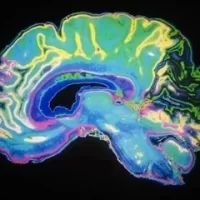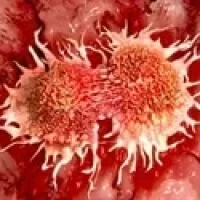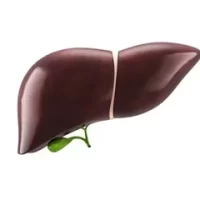After a new study led by UCL (University College London) researchers identified the most likely cause of some treatments’ heart damage, safer cancer drugs are now one step closer to becoming a reality.
Modern medications can be quite effective in the treatment of cancer and have significantly increased survival rates. However, some cancer therapies can harm the heart, a condition known as cardiotoxicity. From a minor alteration in the heart’s ability to pump blood to incapacitating cardiac failure, this injury can manifest itself in a variety of ways. But the mechanisms by which these drugs harm the body have remained a mystery.
The British Heart Foundation (BHF) has now financed an international study that was published in the journal Science Advances that revealed blood proteins associated to an elevated risk of developing heart diseases, including heart failure (where your heart can’t pump blood around your body as well as it should), and which are also affected by drugs used in cancer treatment.
The team say that their findings can explain how cancer drugs cause their damaging effects on the heart and could help to identify those at increased risk. In the long run, they believe this will help to improve cancer treatments, with new drugs potentially being developed that can shrink tumours without affecting the identified proteins.
In addition, the study reveals new potential drug targets for treating heart diseases including heart failure. These may work by inhibiting proteins linked to higher disease risk, or activating proteins linked to lower risk.
The researchers first performed a genome-wide association study, searching through the DNA of nearly 37,000 people without heart disease enrolled in the UK Biobank study. This identified genetic variants linked to changes to the structure and function of the pumping chambers of the heart – the ventricles.












